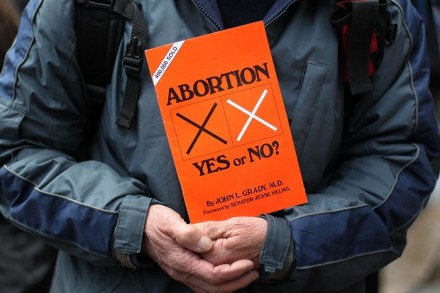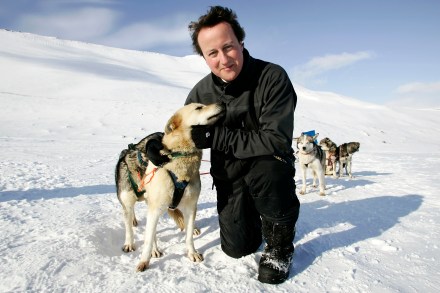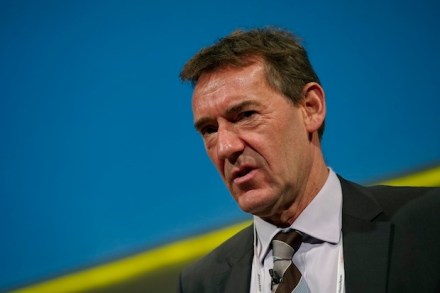Labour’s minimum wage attack flops
Labour’s minimum wage debate in the Commons last night was designed mainly to humiliate the Conservatives about their past opposition to it and to remind voters that only the Labour party cares about those on low wages. But it failed on two counts. The first was that Rachel Reeves fell into the easy trap of accusing someone of missing a vote without double-checking whether this had been for a good reason (all the more surprising given the party’s recent rage over a Sun article describing Lucy Powell as ‘lazy’ when she had in fact been away on maternity leave). She laid into Vince Cable for failing to vote on Labour’s



















